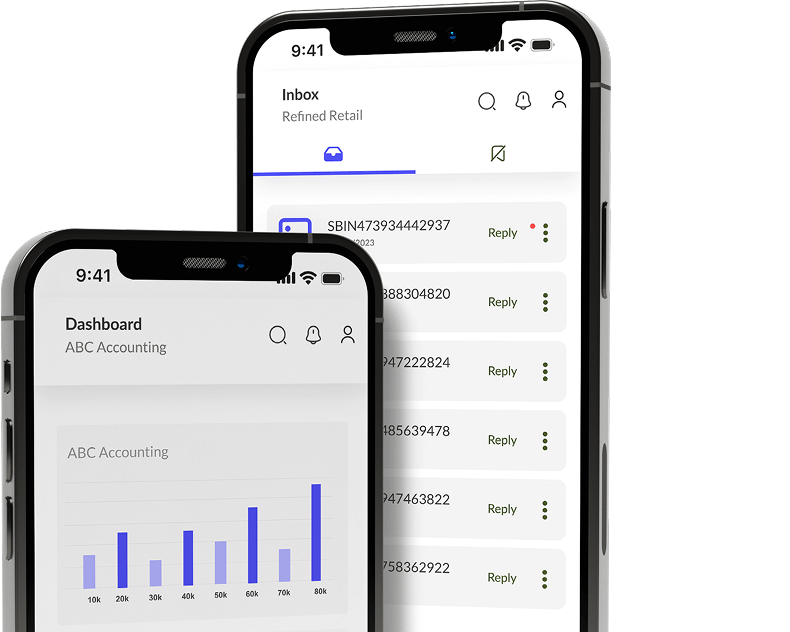If you've been online lately, you've probably heard the term "DeFi" thrown around. Everyone seems to talk about decentralised finance as the future of money. But let's pause for a second. What exactly is DeFi? How does it actually work? And most importantly, should you even care?
Let’s break this down plainly and clearly, without hype.
So, what exactly is DeFi?
Imagine doing everything you usually do with your bank, such as saving money, lending, borrowing, investing but without the bank. That’s DeFi.
DeFi uses blockchain technology (like Ethereum) to allow direct financial transactions between people. No bank, no middleman, no regulator. Just people exchanging directly.
Why Does DeFi Exist?
Because traditional finance (Centralised Finance, or CeFi) has limitations:
Banks control your money.
You trust banks completely.
Transactions can be slow, expensive, or restricted.
DeFi appeared to solve these problems by letting people manage their own money directly. But there's more to it.
How Does DeFi Actually Work?
DeFi operates using blockchain, a digital record book (ledger) available openly worldwide. Every transaction is public. No one secretly changes data because everyone can see everything.
In DeFi, transactions happen using "smart contracts." These contracts automatically execute rules without human intervention.
Examples of DeFi applications:
Lending and borrowing: Platforms like Aave and Compound.
Decentralised exchanges: Uniswap, PancakeSwap.
Stablecoins: Crypto coins pegged to traditional currencies like USD (e.g., USDT, USDC).
But Is DeFi Really Fully Decentralised?
Theoretically, yes. Practically, not entirely.
To enter DeFi, you need cryptocurrency. And to get cryptocurrency, you usually exchange your real-world money (rupees, dollars) via banks or centralised exchanges. Meaning, at entry and exit points, DeFi currently depends on centralised finance.
So, DeFi is decentralised internally, but it’s still partially reliant on traditional finance to convert real money to crypto, and back.
Is DeFi Safe?
Not entirely.
Here's exactly why:
No safety net: Banks protect your money. DeFi doesn't. If something goes wrong, no one steps in to help.
Security risks: Your crypto wallet can be hacked. If you lose your private keys, you lose your money forever.
Smart contract risks: DeFi uses code-based contracts. Bugs or hacks can cause you to lose your funds permanently.
High volatility: Crypto values swing rapidly. Huge profits or huge losses happen quickly.
Regulatory uncertainty: Governments might introduce strict rules or bans in the future.
The Real Cost of DeFi Freedom
DeFi gives you freedom from banks and regulators. But freedom has a price:
You're fully responsible for your money.
Mistakes or hacks can't be undone.
Learning and managing DeFi properly takes effort and time.
Uncertainty about future rules and regulations is real.
So, Should You Use DeFi?
Use DeFi only if:
You're ready to learn deeply.
You're okay with financial risks.
You accept full responsibility for your money.
If you're looking for stability, regulation, and insured safety, traditional finance (CeFi) is probably still better for you.
Final Thought
DeFi isn't good or bad. It's just different. It offers real opportunities but real risks too. Use it carefully, thoughtfully, and always with full awareness.
Disclaimer & Warning (Important):
This blog is for educational purposes only. Accomation.io does not provide investment or financial advice. DeFi investments carry significant risks, including permanent financial loss. Always research carefully and speak with a trusted financial advisor before investing. Proceed with caution, it's your responsibility.




